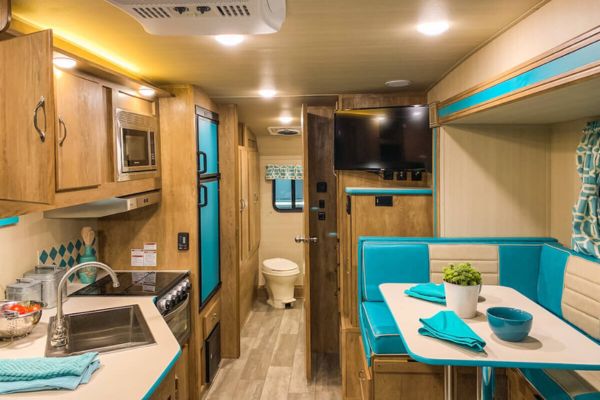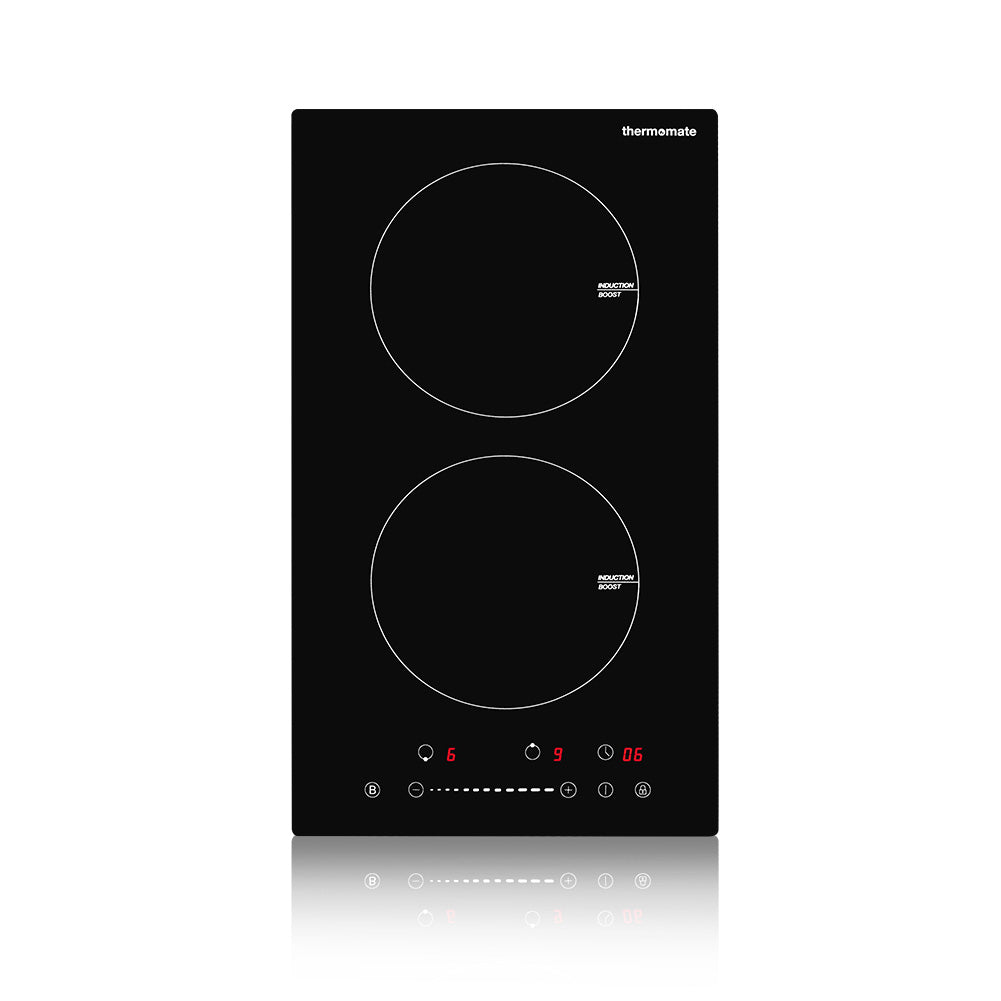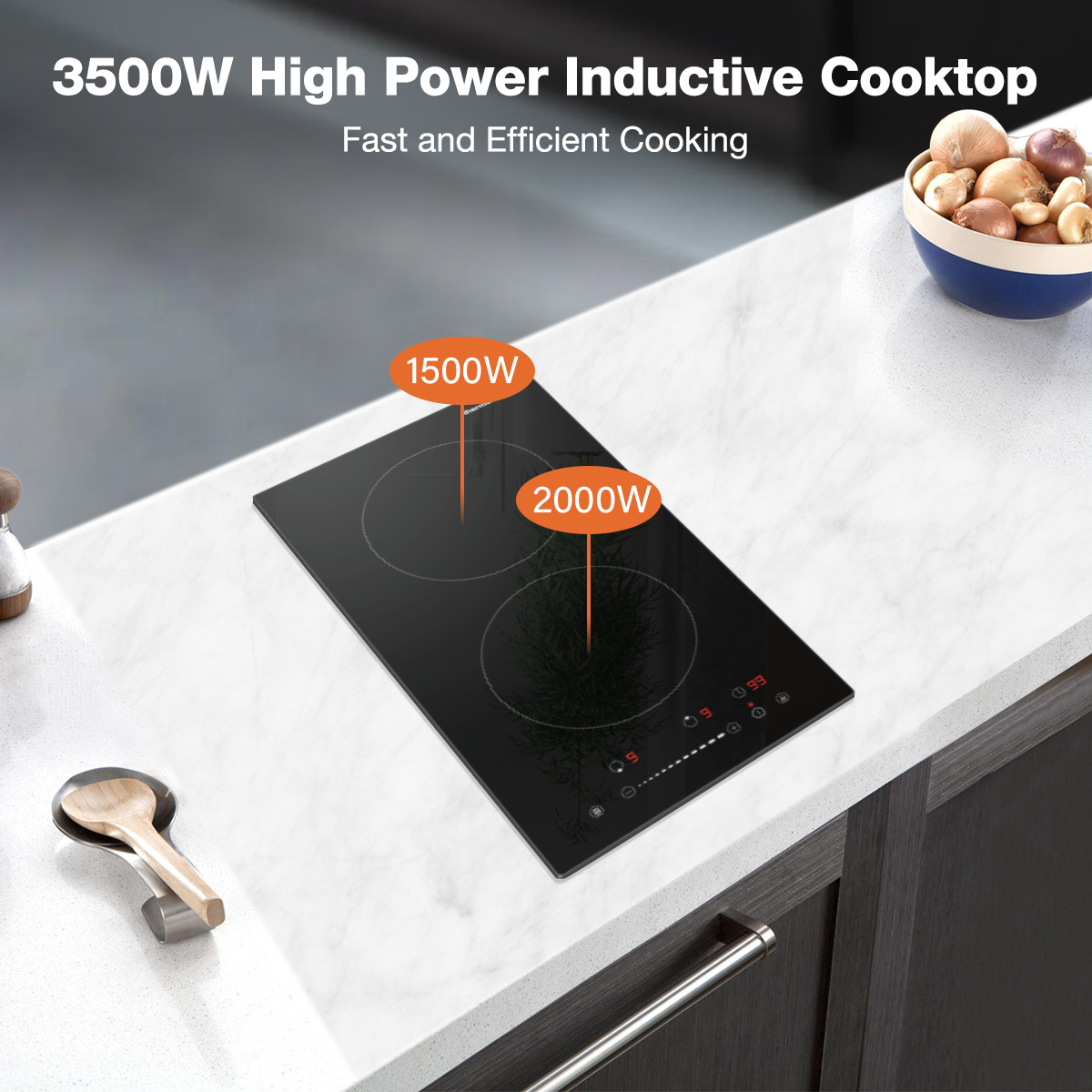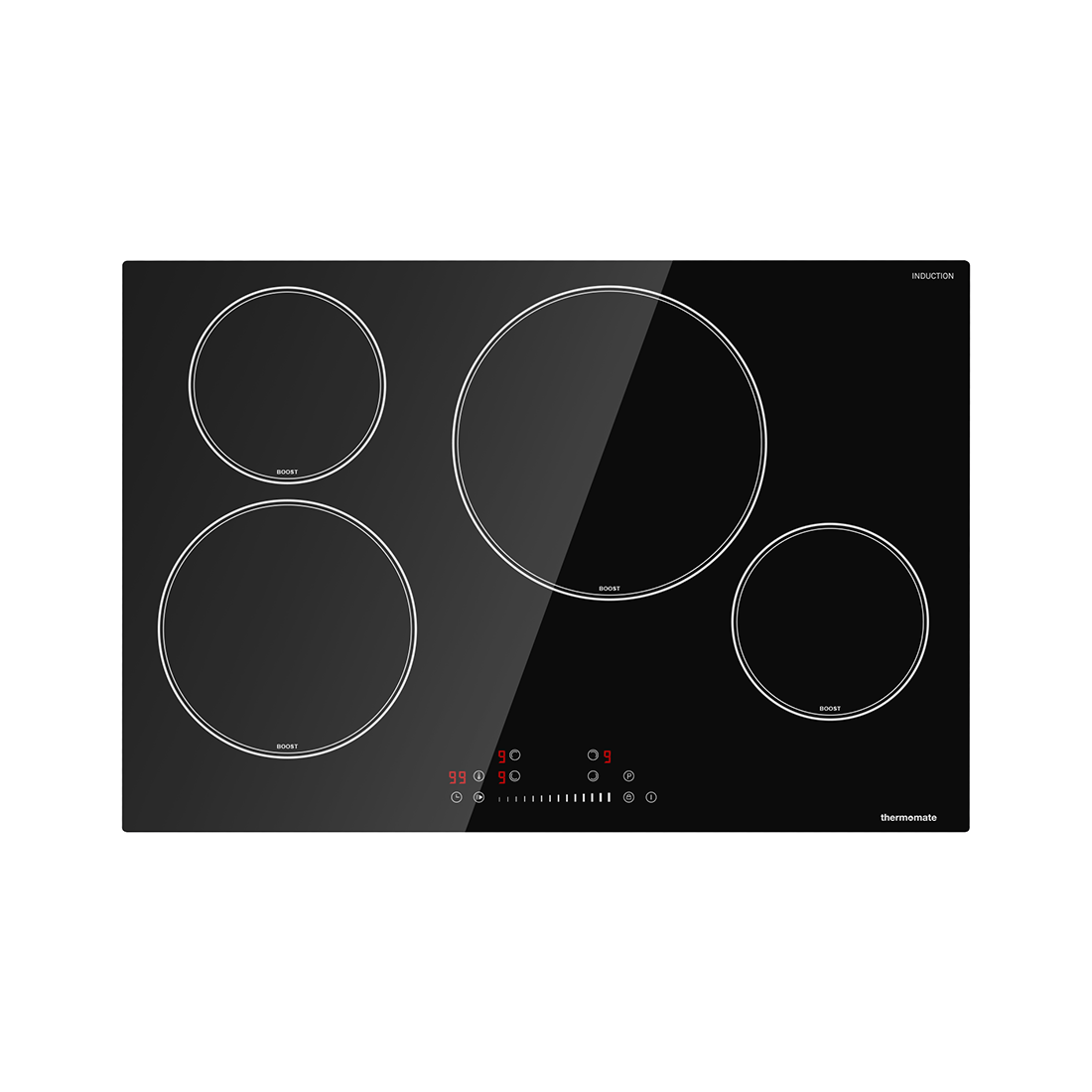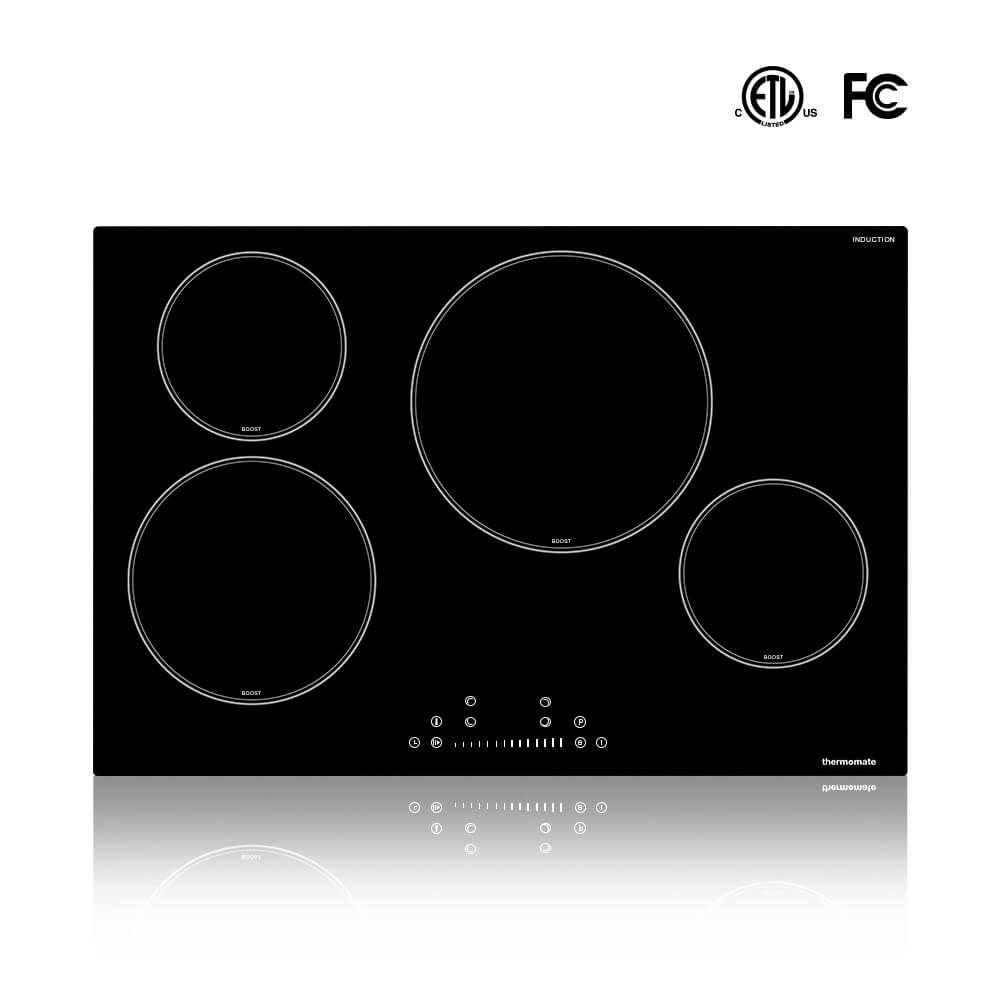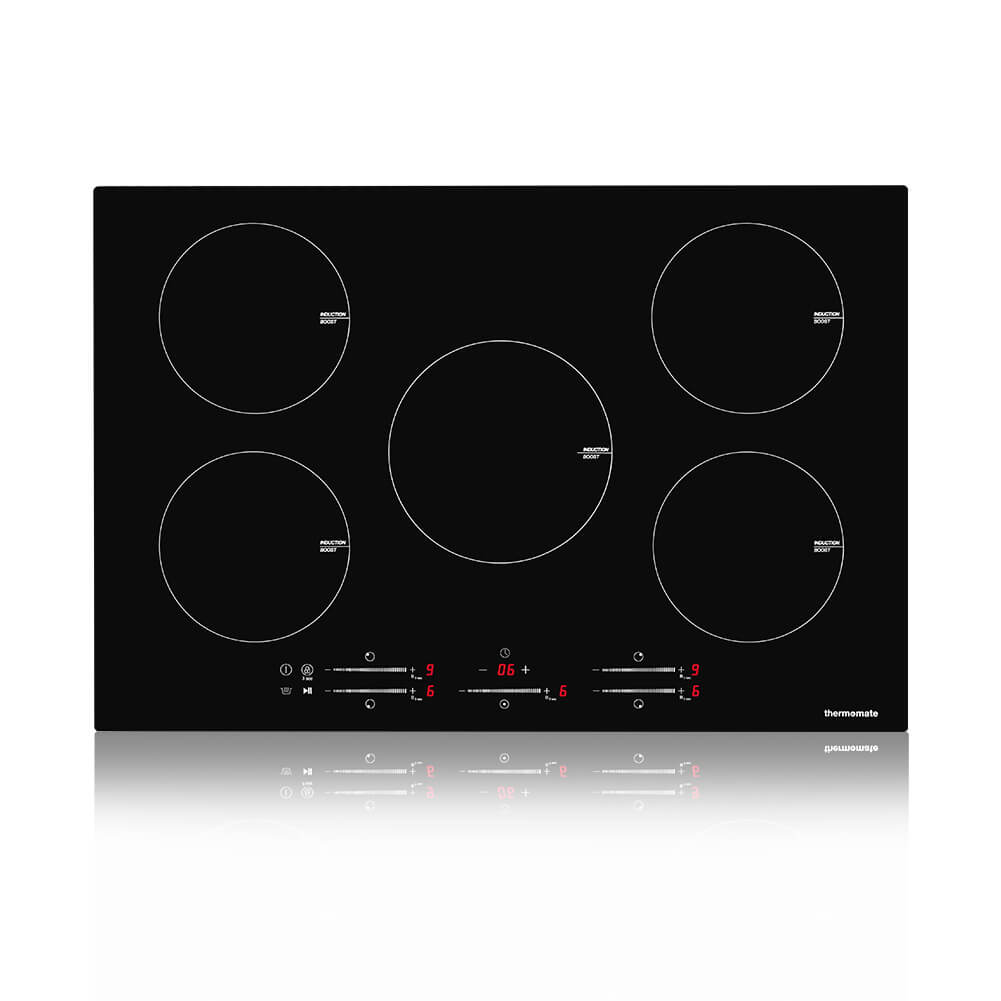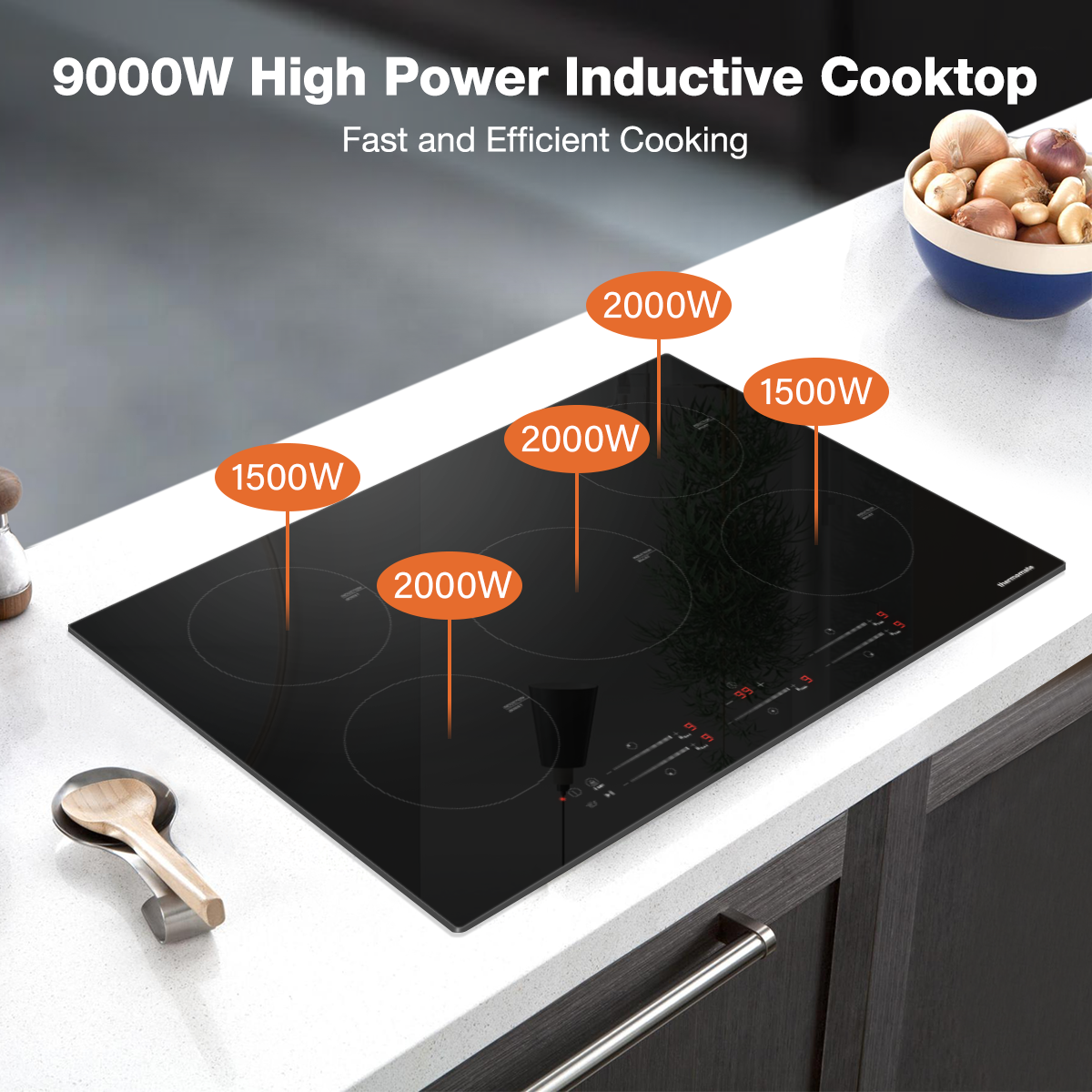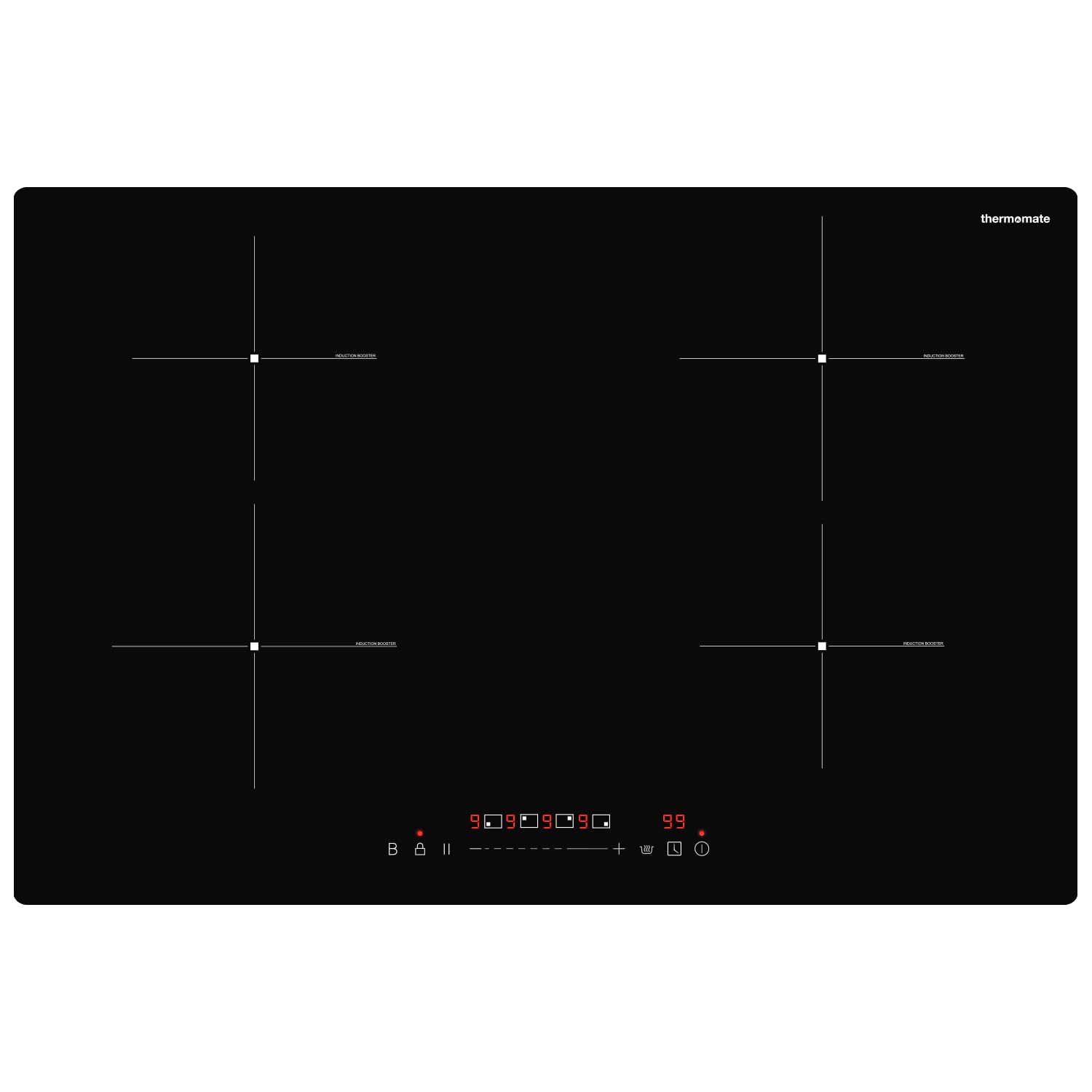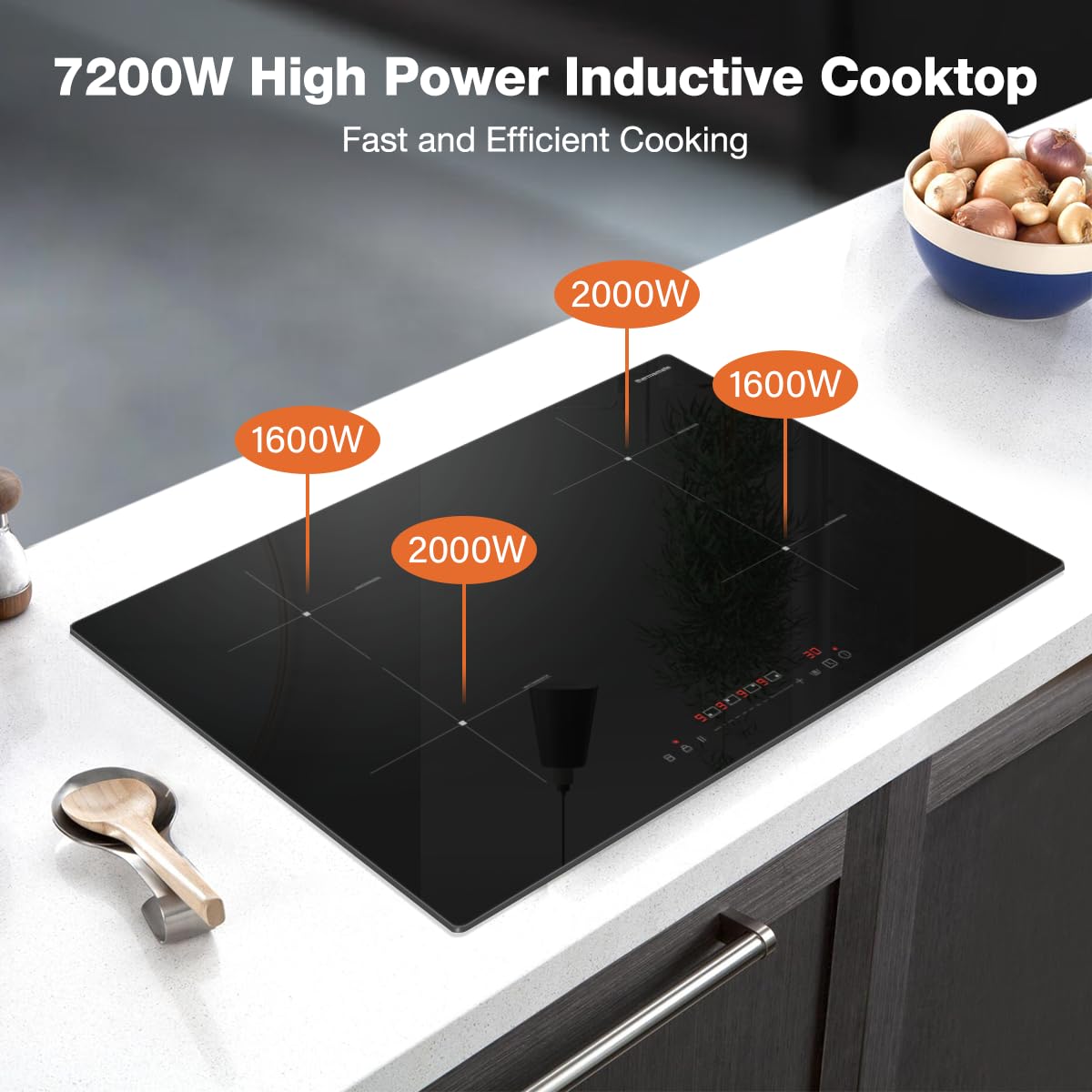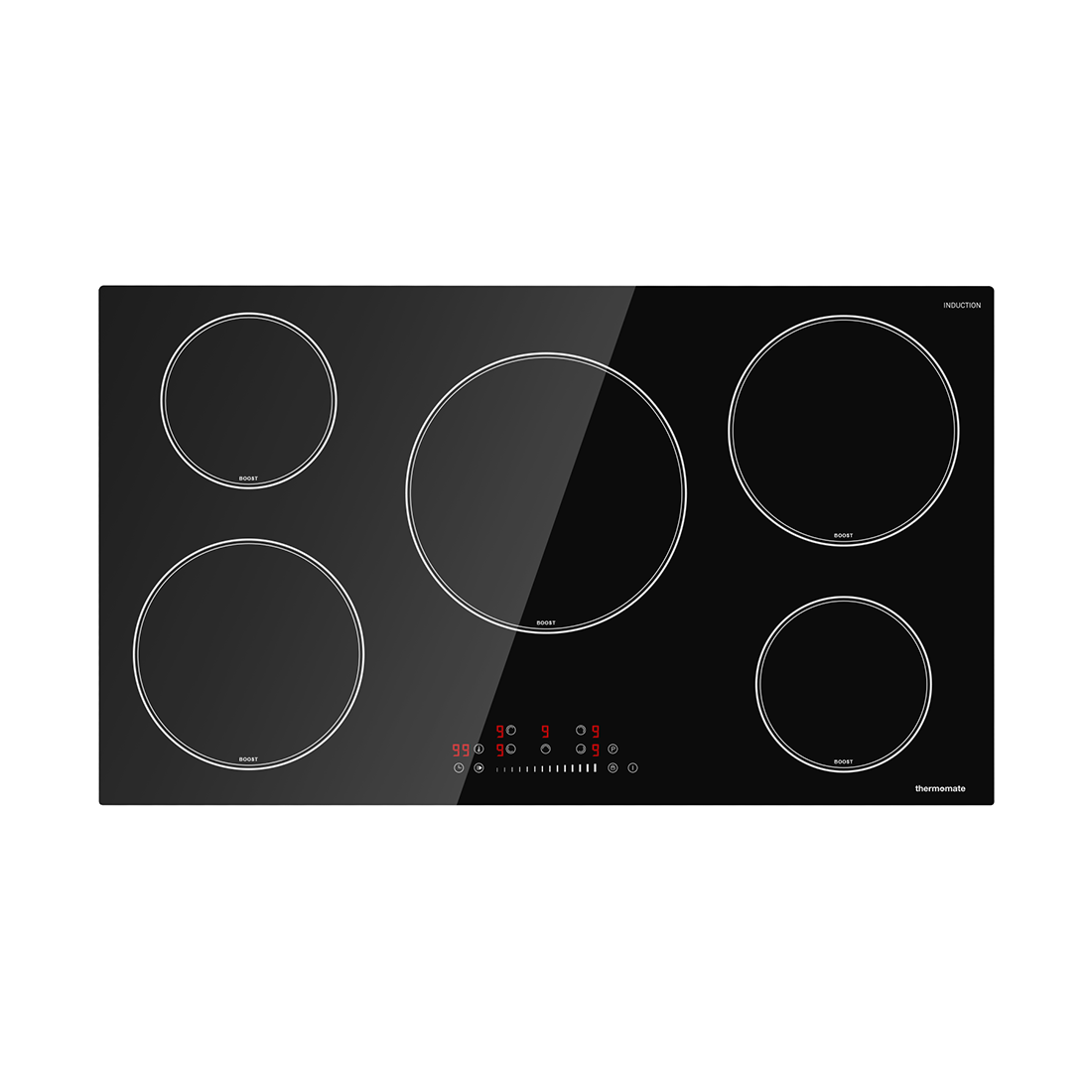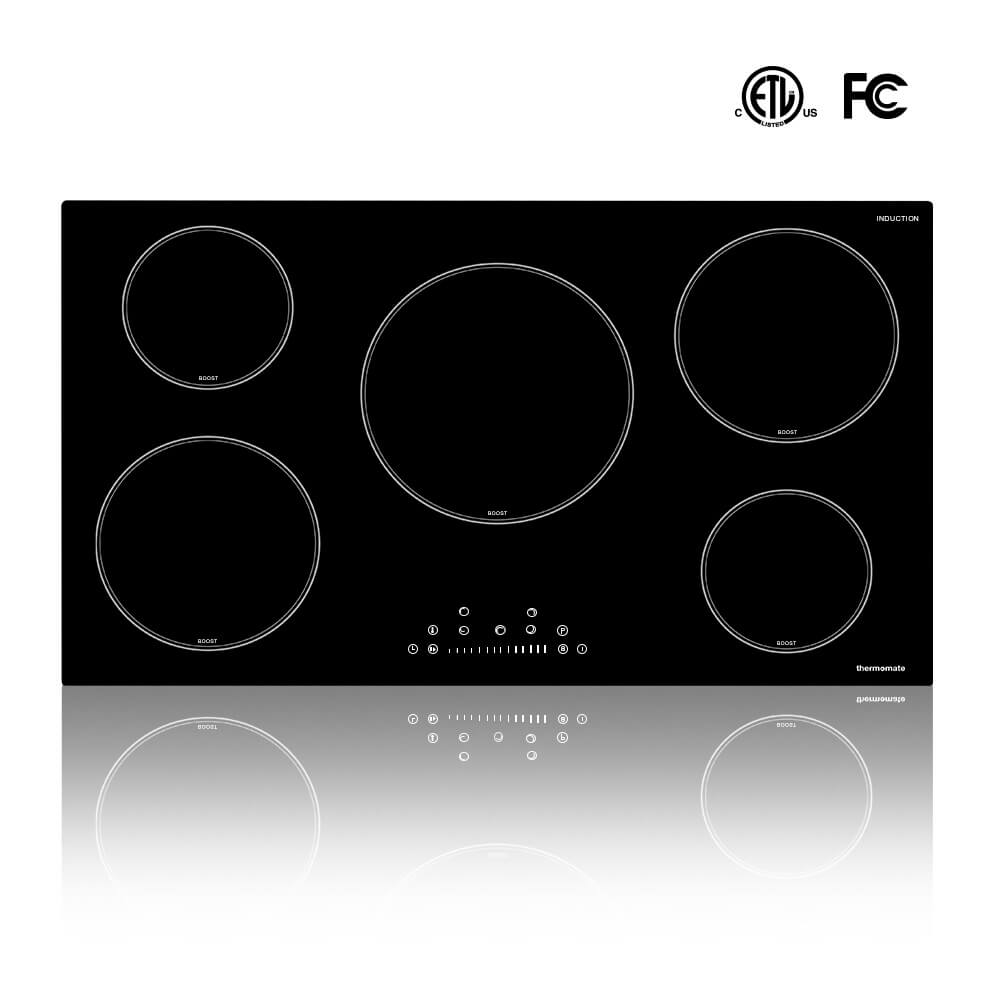Hot water is a privilege that RVers should always appreciate. It plays a crucial role in maintaining proper hygiene while on the road, whether it's for showering or washing dishes. If you're considering upgrading to a tankless RV water heater, it's important to understand the pros and cons of this type of water heater.
What is a Tankless Water Heater (and How Does it Work?)
Hot water is a necessity that RVers should always appreciate. It is crucial for maintaining proper hygiene in your RV, whether it's for showering or washing dishes. If you're considering upgrading to a tankless RV water heater, it's important to understand the pros and cons of this type of water heater. A tankless water heater operates differently from traditional ones.
Traditional water heaters have a storage tank that fills with water from your fresh water tank or when connected to city water. The water in the tank is then heated using a propane burner or electric heating element, which can take up to 30 minutes before you can enjoy hot water for a shower.
Tankless RV water heaters, also known as on-demand water heaters, heat water instantly without the need for a storage tank. When you turn on a hot water fixture in your kitchen sink or RV shower, cold water passes through a heat exchanger powered by propane gas. This design allows for a continuous supply of hot water without the wait time for water to heat up in a tank.

Benefits of Tankless RV Water Heaters
Advantages of Tankless RV Water Heaters:
- Increased energy efficiency, eliminates heat loss from standing water
- Reduced risk of spillage and minimizes the potential for RV water damage.
- Provides instant hot water without the need to wait for the tank to heat up.
- Longer life expectancy than standard water heaters.
Disadvantages of Tankless RV Water Heaters:
While they’re a great option for some, some RVers still swear by their standard water heater because tankless RV hot water heaters can:
- Waste a lot of water before hot water is dispensed.
- Only operate on propane gas.
- Require complex retrofitting if you don’t do your research to find a compatible model.
Although newer models have addressed the initial issues related to water consumption and energy usage, it is important to be aware of these potential drawbacks when considering a tankless hot water heater for your RV.
How to Choose a Tankless RV Water Heater
Before you get overly enamored with the idea of hot water on demand, there are a few key things you’ll want to consider:
Water Usage
You’ll want a ballpark figure of your water usage before you begin shopping for a tankless water heater. Here is a quick reference for the average water consumption of RV appliances:
- Toilet: ~0.8 gallons per flush
- Bathtub: ~2-4 gallons per minute
- Shower: ~1.5-3 gallons per minute
- Kitchen Sink: ~0.5 gallons per minute
- Dishwasher: ~4-6 gallons per cycle
- Washer: ~8-20 gallons per load
When choosing a regular water heater, you’d consider how often you might use these appliances in one day. With a tankless water heater, the more important question is how often you think you might use multiple appliances simultaneously.
Tankless RV water heaters can provide an on-demand water heating capacity from 1.5 to 6 gallons per minute, depending on the model. Compare and contrast models to meet your water usage demands.
Winterizing

When it comes to freezing temperatures, it's important to note that winterizing your RV will differ if you decide to upgrade from a standard water heater to a tankless model. The usual winterizing process involves using air to blow out water lines, but there will always be a small amount of water remaining.
However, if the temperature drops below 32℉, this water can cause damage to a tankless water heater. If you have a tankless water heater or a hydronic heating system and you take your RV to a Camping World Service Center for winterization, you should opt for the Deluxe Winterize package.
This package includes technicians pumping RV antifreeze throughout your entire freshwater system to displace water and protect your unit from freeze damage. Although it is a more expensive service, it helps you avoid even higher repair costs that may arise if you improperly winterize your RV.
Furthermore, it is important to remove the bypass valves on your standard water heater when retrofitting your RV with a tankless model. These valves are unnecessary for a tankless design and can sometimes cause confusion when winterizing your RV at home.
Design

Tankless water heaters are generally simpler to maintain than water heaters that rely on a pilot light or direct spark ignition (DSI). When purchasing a tankless water heater, choose one with a display you can operate.
If you need hot water for your RV shower, there are plenty of compact designs to choose from. For those with camper vans, there are also portable tankless water heaters you can temporarily set up for luxurious outdoor showers on a warm summer afternoon.
Looking to prevent family conflicts over shower schedules or simply aiming for greater energy efficiency during your RV trips? Look no further than a tankless water heater, the ultimate solution for instant hot water in your RV.
Have you tried a tankless water heater in your RV? Share your thoughts and experiences in the comments section below!

